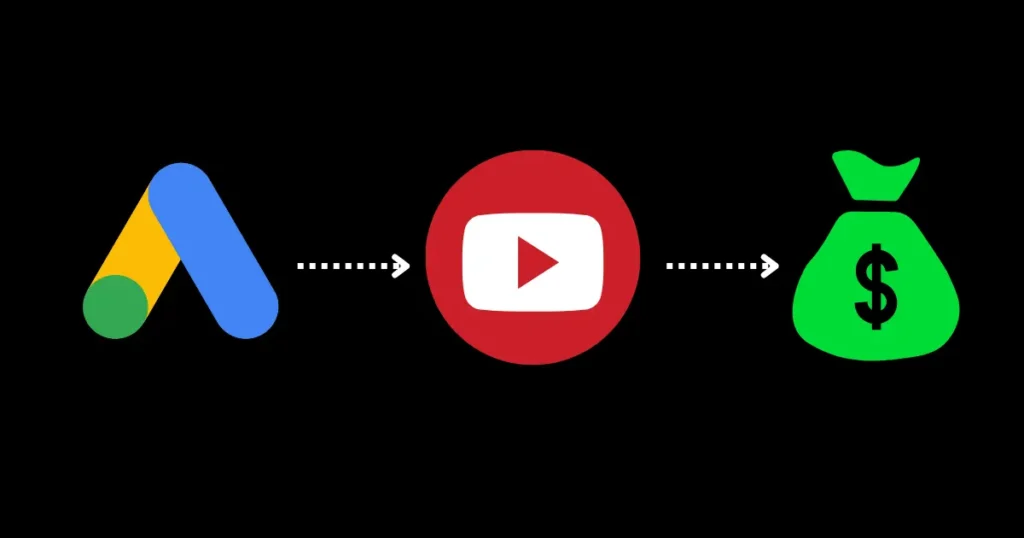![]()

Table of Contents
Introduction: Google Cloud Platform
In the realm of cloud computing, Google Cloud Platform (GCP) stands as a towering presence, offering a myriad of services tailored to meet the diverse needs of businesses, developers, and enterprises. With its robust infrastructure, cutting-edge technologies, and commitment to innovation, GCP has cemented its position as a leading player in the cloud market. This article delves deep into the ecosystem of Google Cloud Platform, exploring its key offerings, advantages, and the transformative impact it can have on businesses worldwide.
Understanding GCP: Google Cloud Platform, launched by Google in 2008, is a suite of cloud computing services that offer infrastructure as a service (IaaS), platform as a service (PaaS), and software as a service (SaaS) solutions. It provides a range of services spanning computing, storage, networking, machine learning, big data, and more, enabling organizations to build, deploy, and scale applications efficiently and securely.

Key Offerings and Services:
- Compute: GCP offers a variety of compute options, including Google Compute Engine for virtual machines, Google Kubernetes Engine for containerized applications, and Google App Engine for building and scaling web applications.
- Storage: With Google Cloud Storage, organizations can store and retrieve data with high availability, durability, and scalability. It offers various storage classes to optimize costs based on access frequency and latency requirements.
- Networking: Google Cloud Platform provides robust networking capabilities, including Virtual Private Cloud (VPC) for creating isolated networks, Cloud Load Balancing for distributing traffic across instances, and Cloud CDN for delivering content with low latency.
- Big Data and Machine Learning: GCP’s Big Data and Machine Learning services empower organizations to extract insights from vast datasets. Google BigQuery enables fast, SQL-like queries on petabytes of data, while services like TensorFlow and AI Platform facilitate machine learning model development and deployment.
- Database Services: GCP offers managed database services like Cloud SQL for relational databases, Cloud Spanner for horizontally scalable, globally distributed databases, and Firestore for NoSQL databases, simplifying database management tasks for developers.
- Security and Identity: Security is a top priority for GCP, with features such as Identity and Access Management (IAM) for managing user permissions, Cloud Key Management Service (KMS) for managing cryptographic keys, and Cloud Identity-Aware Proxy for securing access to applications.
Advantages of Google Cloud Platform:
- Scalability and Flexibility: GCP’s infrastructure is designed to scale effortlessly to meet fluctuating demand, enabling organizations to handle sudden spikes in traffic without compromising performance.
- Global Infrastructure: With data centers located across the globe, GCP provides low-latency access to services and ensures high availability and reliability for mission-critical applications.
- Innovation and Cutting-edge Technologies: Google is known for its innovation in technology, and GCP reflects this ethos by continually introducing new services and features to address evolving business needs.
- Cost-effectiveness: GCP offers a pay-as-you-go pricing model, allowing organizations to pay only for the resources they consume. Additionally, sustained use discounts and preemptible VMs help optimize costs further.
- Integration with Google Services: GCP seamlessly integrates with other Google services like Google Workspace, Gmail, and Google Analytics, enabling organizations to leverage existing tools and workflows.
- Security and Compliance: GCP adheres to rigorous security standards and compliance certifications, providing customers with peace of mind regarding the protection of their data and applications.
Use Cases and Success Stories: Numerous organizations across various industries have leveraged GCP to drive innovation, enhance operational efficiency, and achieve business objectives. For instance, Spotify migrated its infrastructure to GCP to improve scalability and reliability, while Twitter utilizes GCP’s data analytics and machine learning capabilities to deliver personalized content to users. Additionally, companies like PayPal and HSBC have embraced GCP to modernize their IT infrastructure and enhance customer experiences.
Challenges and Considerations: While GCP offers a plethora of benefits, organizations must also consider factors such as data residency requirements, migration complexities, and vendor lock-in when evaluating its suitability for their needs. Additionally, ensuring proper governance, compliance, and security measures is crucial to mitigate risks associated with cloud adoption.
Conclusion:
GCP continues to empower organizations worldwide with its comprehensive suite of cloud computing services, enabling them to innovate, scale, and thrive in today’s digital landscape. With its commitment to excellence, relentless innovation, and unwavering focus on customer success, GCP is poised to shape the future of cloud computing and drive transformation across industries. Embracing GCP is not just about adopting a cloud infrastructure; it’s about embarking on a journey towards innovation, agility, and sustainable growth.
FAQs :
Frequently Asked Questions (FAQs) for Google Cloud Platform
- What is Google Cloud Platform (GCP)?
GCP is a suite of cloud computing services offered by Google, providing organizations with access to infrastructure, storage, networking, machine learning, and other resources over the internet.
- What services does GCP offer?
GCP offers a wide range of services including computing (virtual machines, containers, and serverless computing), storage (object storage, databases), networking (Virtual Private Cloud, CDN), big data and machine learning (BigQuery, TensorFlow), and security and identity management solutions.
- How does GCP differ from other cloud providers?
GCP distinguishes itself through its global infrastructure, advanced technologies such as machine learning and big data analytics, seamless integration with Google services, and strong focus on security and compliance.
- Is GCP suitable for small businesses?
Yes, GCP caters to businesses of all sizes, offering flexible pricing models, scalable infrastructure, and a variety of services tailored to meet the needs of small, medium, and large enterprises.
- How secure is Google Cloud Platform?
Security is a top priority for GCP. It employs industry-leading security measures including encryption, identity and access management, network security, and compliance certifications to ensure the protection of data and applications.
- Can I migrate my existing applications to Google Cloud Platform?
Yes, GCP provides tools and services to facilitate the migration of applications, databases, and workloads from on-premises environments or other cloud providers to GCP.
- What support options are available for Google Cloud Platform users?
GCP offers various support plans including basic, silver, gold, and platinum support levels, providing access to technical support, training resources, and service level agreements (SLAs) to meet the needs of different organizations.
- How does billing work on Google Cloud Platform?
GCP operates on a pay-as-you-use billing model, ensuring that customers are charged solely for the resources they utilize.. Billing is based on factors such as usage, storage, and network traffic, with options for discounts and cost optimization strategies available.
- Does Google Cloud Platform provide compliance certifications?
Yes, GCP adheres to industry standards and regulations, and offers compliance certifications including ISO 27001, SOC 2, GDPR, HIPAA, and more, to support customers in meeting their compliance requirements.
- How can I get started with Google Cloud Platform?
To get started with GCP, you can sign up for an account, explore the documentation and tutorials available on the GCP website, and leverage free trial credits to experiment with various services and learn how to leverage them for your projects.
Read More –
Social Media And Its Impact On Fashion
How To Be More Self-Disciplined | Positive Lifestyle Changes









